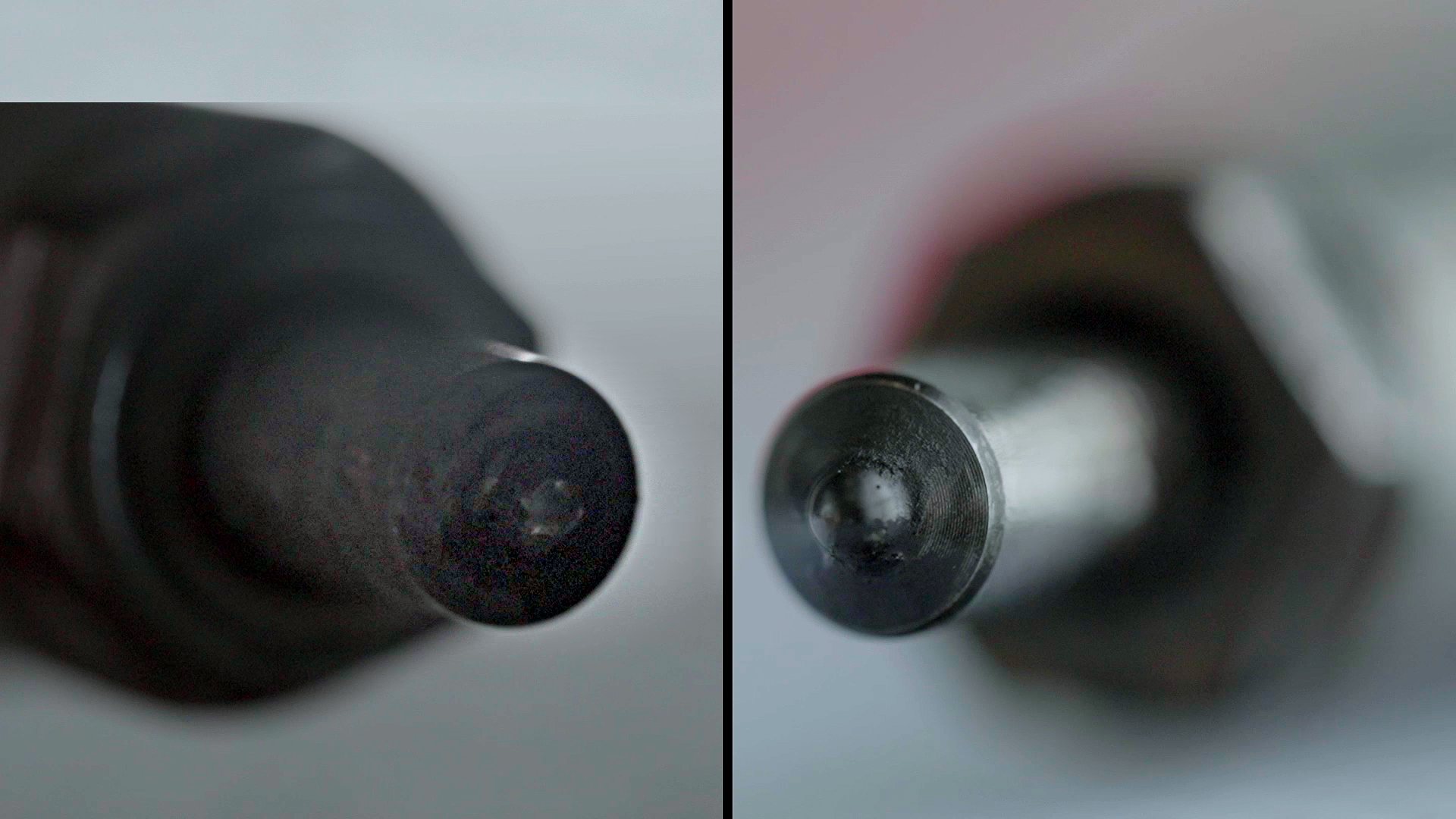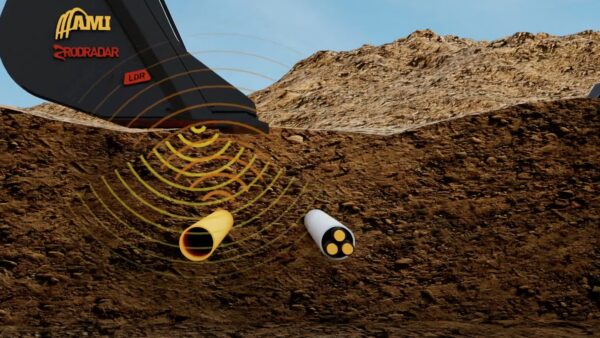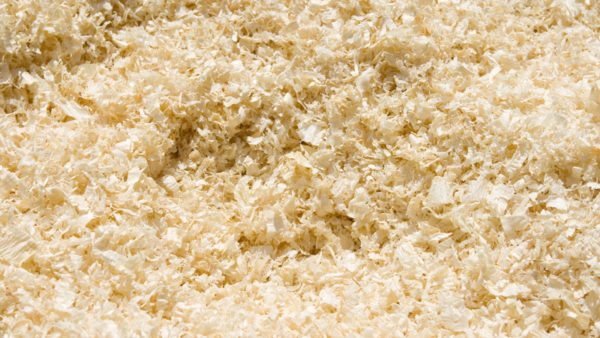Shell and Deutsche Landwirtschafts-Gesellschaft (DLG) demonstrate Total Cost of Ownership savings from testing Shell premium fuel and lubricants together and in real-world conditions. Results from the successful collaboration include 2.7 per cent fuel economy [1], 5.6 per cent more load-pulling power, 100% injector deposit clean-up in less than three working days [2], and up to 236 more operating hours as a combined efficiency benefit [3].
Maximising equipment utilisation in the demanding construction environment is a difficult job at the best of times, but with the impact of COVID-19 resulting in further cost pressures and tighter margins, there is much greater focus by construction site managers to unlock efficiencies wherever possible. Increasing your output by using fewer resources may seem like a conflicting equation, but valuable bottom line gains can be achieved by going back to basics and focusing on the variables that are in your control, such as your consumables. The fuel and lubricants you select can have a big impact on your equipment and in turn business performance, making it crucial that you maximise the value that consumables provide to your company. Â

Shell and DLG found that injector cleanliness was greatly improved with the use of Shell FuelSave Diesel and Shell Diesel (Shell)
To show this value, professional experts put consumables to the test under real-world conditions. Shell recently collaborated with Deutsche Landwirtschafts-Gesellschaft (DLG) to do just that, measuring the Total Cost of Ownership (TCO) savings and efficiency gains that can be achieved when using Shell premium fuel and lubricants together. Situated in Gross-Umstadt, Germany, DLG has a rich history of promoting the technical and scientific progress of agricultural and off-highway equipment.
Engaging a facility at the standard of DLG allows precise testing and close monitoring of the test conditions. “The Shell project has been a good opportunity for the DLG Test Centre,” Stefano Mastrogiovanni, Managing Director DLG Test Service GmbH, explains, “because we’ve tested thousands of test cycles of tractors using our PowerMix, but now we’ve also tested for fuels and lubricants.”
Over the course of four months and more than 600 hours, the DLG team tested Shell FuelSave Diesel and Shell Diesel Extra in combined use with Shell Rimula R6 LME Plus 5W-30, against regular diesel and standard lubricants. The premium consumables were first put through DLG’s PowerMix test procedure using test frames and parameters designed by an independent expert commission, a format regularly used by leading global manufacturers to assess the quality of their machines. Additionally, Shell and DLG designed a new Power Take Off (PTO) testing programme which combines a series of assessments to verify the quality of premium fuels versus standard ones. The result was a real-world measurement of how the tested fuels can impact the overall performance of the engine.

Over more than 600 hours, the DLG team tested Shell FuelSave Diesel and Shell Diesel Extra in combined use with Shell Rimula R6 LME Plus 5W-30 (Shell)
While there is a growing awareness across the construction sector of the benefits that either a premium fuel or a premium lubricant can have on equipment performance, the DLG test demonstrates the additional efficiencies that can be unlocked by combining the two. “Our test results have shown that Shell premium fuels and lubricants perform better than the standard products,” states Mastrogiovanni. And indeed, the testing showed that when used together, Shell’s premium diesel and premium Shell lubricants can deliver up to 236 more operating hours as a combined efficiency benefit [3], a figure that could have significant cost saving potential when viewed in light of the 24/7 schedules which are not uncommon for construction projects.
Fuel represents an important share of operating costs for construction businesses – 20 per cent on average according to recent Shell research – so any improvement in fuel economy can have a significant impact on your bottom line, releasing savings that can be redirected to other parts of your business or used to protect financial health during periods of extended uncertainty [4]
The results also highlight the increased productivity that Shell FuelSave Diesel and Shell Diesel Extra can offer, with DLG measuring up to 2.7 percent fuel economy [1] and 5.6 per cent more load-pulling power when compared with regular diesel [2].
The ability to maintain engine efficiency while operating with heavy loads or on uneven terrain is vital for most construction businesses, particularly those that are consistently running at a high capacity. A key success factor here is the health of your injection system, particularly injector cleanliness. Shell and DLG found that Shell FuelSave Diesel and Shell Diesel Extra were able to achieve up to 100 per cent injector deposit clean-up in less than three working days which can significantly reduce downtime and maintenance costs [2].

Engaging a facility at the standard of DLG allows precise testing and close monitoring of the test conditions (Shell)
The Shell differentiated fuels and premium lubricants tested were awarded the DLG Quality Seal – a certification that is only given to products that have been proven to meet strict criteria developed by unbiased test commissions. Being able to rely on products with performance proven under real-life conditions and by independent test experts such as DLG will be key to ramping up operations as construction businesses become more accustomed to the impact of the pandemic, since the efficiency gains that once offered a competitive edge, may now be essential for survival. As the DLG testing shows, the right consumable selection can unlock tangible efficiencies for your equipment and your operations, so that you can deliver higher output with fewer resources when this is arguably needed most. It also shows that there could be even greater improvements awaiting you when premium fuel and lubricants are used in tandem. So, while ensuring your construction business comes out stronger from the current challenges, do not lose sight of what is fuelling your journey and how it can benefit your bottom line.
For more information, you can:
- Visit the Shell website
- Find out more on Shell FuelSave Diesel and Shell Diesel Extra  Â
- Watch a video of the testing and results
- Contact a local Shell representative

[3] For the same amount of fuel compared to regular diesel without fuel economy formula and to standard lubricant. Baseline of 500,000 lt and 50 lt/hr fuel consumption per equipment. Based on demonstration tests with off-highway heavy-duty Tier 4 engines in collaboration with DLG Germany.










